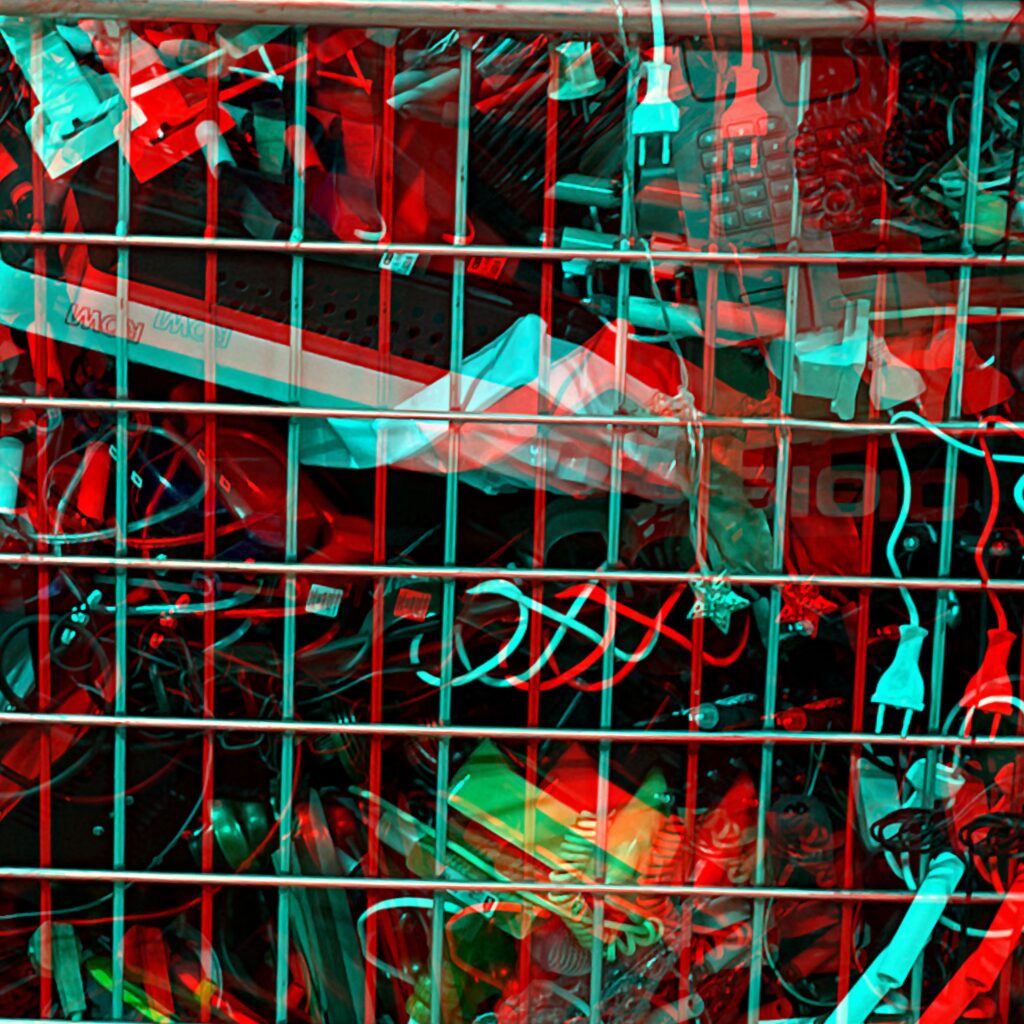Internet of things today consists of approximately 7 billion devices (this is without accounting for mobile phones nor computers!) and is predicted to reach 21 billion devices year 2025! The thing with mobiles phones and computer are that these devices currently seems to transition into what looks more like a merger. For example Samsung is about to release a new “computer line” with 5G that is described as a series based on the company’s galaxy smart phones. In addition to that analysts even refers the Note20 Ultra 5G to “the power phone” that “works like a computer”. So the definition computer or mobile phone are merging some what or their definitions might soon only be one of many smart device references in the IoT matrix.
This is all interesting for sure and the evolution to smart cities, smart business and smart homes are probably around the corner for many, but have you ever stopped to reflect upon how this might effect e-waste/the climate? According to UN’s Global E-waste monitor 2020, we generated a record 53,6 million tonnes of electronic waste world wide 2019. That number has been around 50 million tonnes a per year the last decade! Now however we see a trajectory that shows an increasing consumption of electronic devices which in turn seems to generate an increased level of e-waste. But this don’t seem to be a transitory, because the UN report also predicts the level of e-waste to reach 74 million tonnes by 2030! So what are ICT companies and electronic device makers doing to make an effort to battle the climate issues that they themselves are a part of?
When looking at several companies websites, the majority have a lot of references about sustainable approaches and climate friendly intents, but several of these climate friendly policy’s are quite often a complex reading. In fact there are studies that have concluded that several environmental policies that companies use, are not readable at average comprehension levels. By using analysis methodology and readability scoring a study for example scored an environmental policy so complex that it would require 22 years of education to be understood (equivalent to a PhD)! Not as intuitive has their end-user manuals for sure.
But to the companies defense the studies was made a few years ago, so hopefully more people within the affected companies have learned to understand the policy or hopefully a few changes has been made since.
So what if a fancy environmental policy actually is enough to free a big international company from is climate responsibility? I mean if you are truly sustainable and climate friendly would you not want to be transparent with what climate risks and affect your company have each year? Similar to the initiative that the British aspire is business to do through implementing mandatory TCFD, short for “the global Task force on Climate-related Financial Disclosure”, that is currently voluntary. Initiatives like these has been raised by several investor groups, recently such a proposal was raised to Berkshire Hathaway who was among the few companies in Action 100+ coalition that totally failed in every criteria. But the proposal was not adopted and leaves Berkshire Hathaway’s climate risks disclosed. So while being one of the biggest, if not the biggest power companies in the US (Berkshire Hathaway Energy) with a net zero goal, you would of thought a environmental policy of such a big corporation would be proud to present their progress in reducing their climate impact..
But to often big companies seems to be reluctant to be transparent about their intent of a product or company. Be it with good intention or for the lack of time.. But we need to face it, everyone today face the challenge to “make money” and be sustainable at the same time. And that has not been the initial business plan for many of our worlds biggest companies to date, which in turn makes the shift to a green economy risky for some companies that might have to questions their purpose more and more.
When we look at recent product updates to the electronic devices, it actually seem to go the opposite way of sustainable practices while claiming they are more eco-friendly. For example more and more electronics makers do make more efficient and cleaner devices, but the devices are likely to last only a few years before actually becoming part of the increasing e-waste that we raise concern about in this article.
Product life-cycles are increasingly becoming less lengthy and less lean for society, since you will not be able to repair them by design. This increase of e-waste keeps trashing our planet meaning going the opposite route in the fight against climate change. And of course making it costly for the end consumer, since if a small thing is broken, you will have to send the entire devices for repair due to several parts being clued together, where as before a specific part could be repaired by the end user/customer or small repair shops. So while big tech verbally aspire to be eco-friendly, we mostly see evidence of it by the materials used, but neither policy’s or designs shows a healthy eco-friendly approach. Making electronics devices more and more short term investments for the end consumer, who rather would enjoy a transparent long term relationships if they truly want to see an eco-friendly and sustainable electronic consumer market.
If you like the article please share and answer the poll on our instagram (swedish_it)


